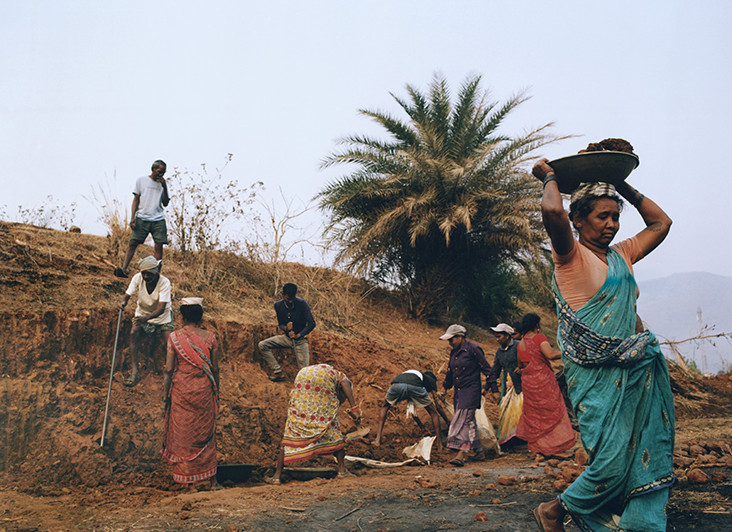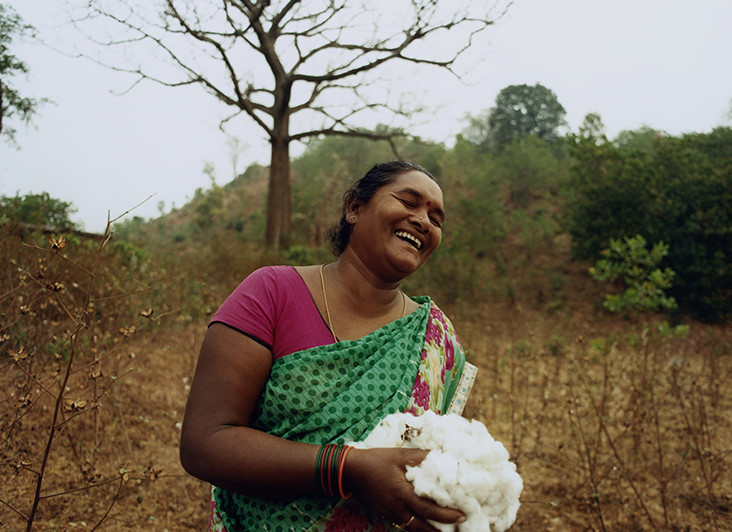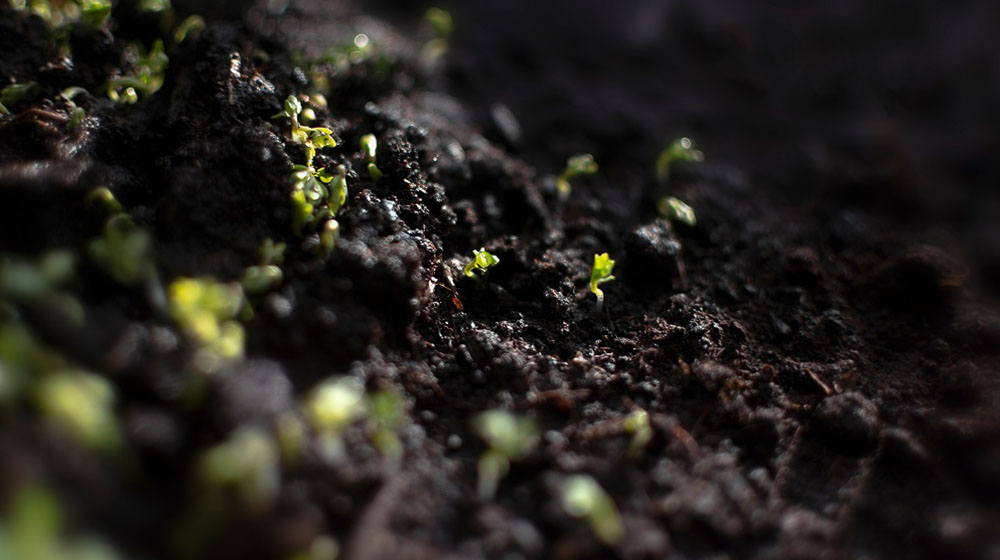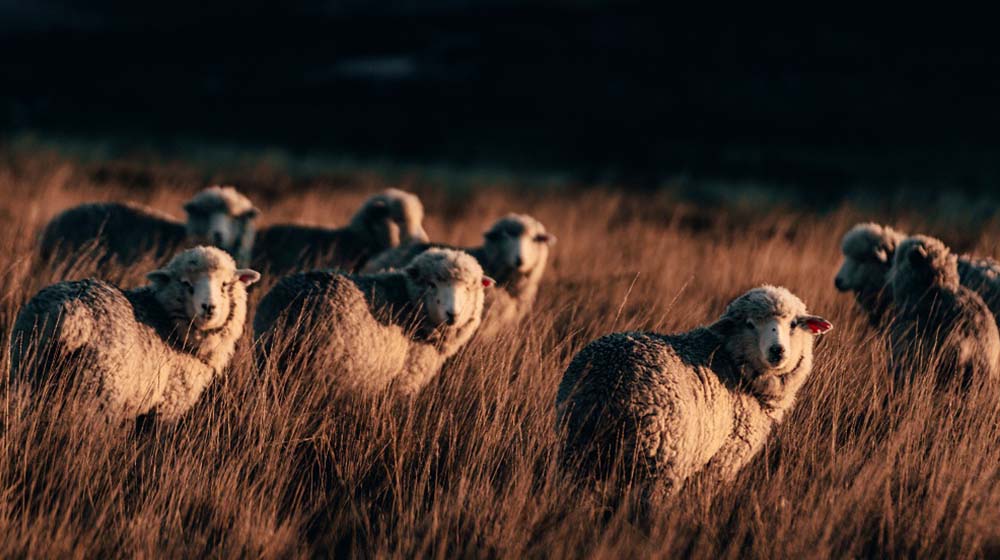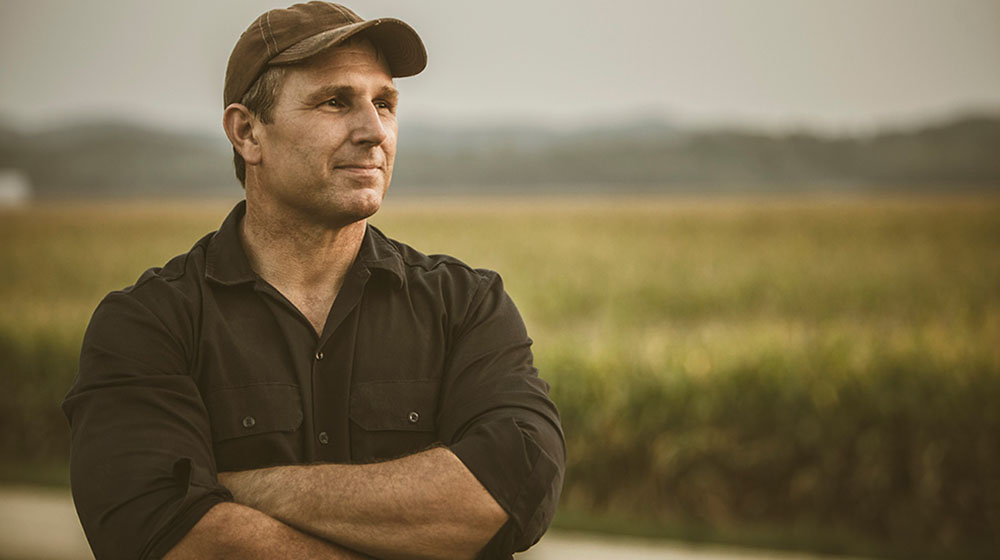Regenerative agriculture
Our commitment to regenerative agriculture

From cotton to wool, and everything in between, the foundation of fashion, and of what we do at HUGO BOSS is deeply connected to the Earth – it all begins on the farm and comes from the soil.
In this regard, we want to draw your attention to one of the most promising methods of material sourcing when it comes to reducing the environmental impact of the fashion industry and the preservation of biodiversity: regenerative agriculture.
Though agriculture has had a negative impact on soil health, biodiversity, and the climate in the past, it can be transformed into a powerful nature-based solution. That’s why, after taking a close look at our supply chain, we are investing in our partners, who develop more resilient systems for the future through regenerative agriculture. But what's so special about this practice?
POSITIVE IMPACT ON THE ENVIROMENT
The future of the fashion industry is closely connected to the future of agriculture. Furthermore, as responsible citizens, we need to care for our soil, which has been deeply impacted by the use of chemicals in farming. By using natural materials sourced from regenerative agriculture, we are taking strong steps to protect our soil and biodiversity, so the foundation of life, remains healthy. In the future, we aim to leverage nature-positive materials: For us, this means that by 2030 we aim to source 100% of our natural materials in accordance to regenerative agriculture or through closed-loop recycling.
Regenerative agriculture is an approach to agriculture that is centered on giving more than what we take from the Earth. It is not about completely refraining from the use of pesticides and fertilizers but about building a holistic ecosystem, where soil health, biodiversity and carbon neutrality play an essential role. It is about working in harmony with nature rather than trying to exercise control. It can be practiced in different ways depending on the climatic conditions, soil, crops or livestock. It also has other benefits ranging from better animal welfare to the provision of fair working conditions for farmers.
OUR PARTNERS
We have been working with various partners to drive the practice of regenerative agriculture forward for several years: SEKEM with Naturetex, an Egyptian sustainable development initiative that grows regenerative cotton with its network of small-scale farmers; ZQRX, a New Zealand-based regenerative wool fiber platform; and Raddis®Cotton, a cooperative of small and tribal farmers in South India using the highest level of regenerative agriculture methods for growing cotton in the holistic food & fiber Raddis®system.
